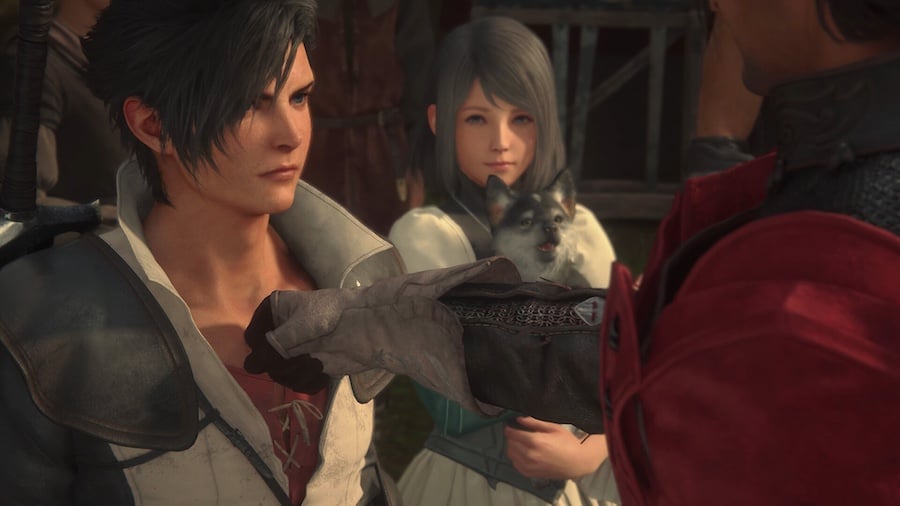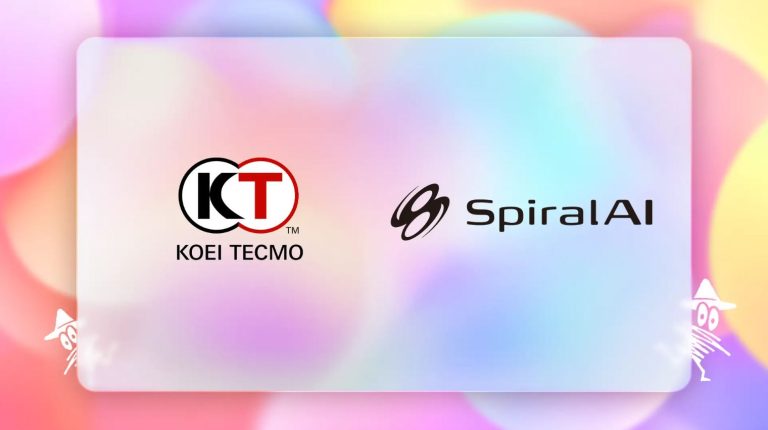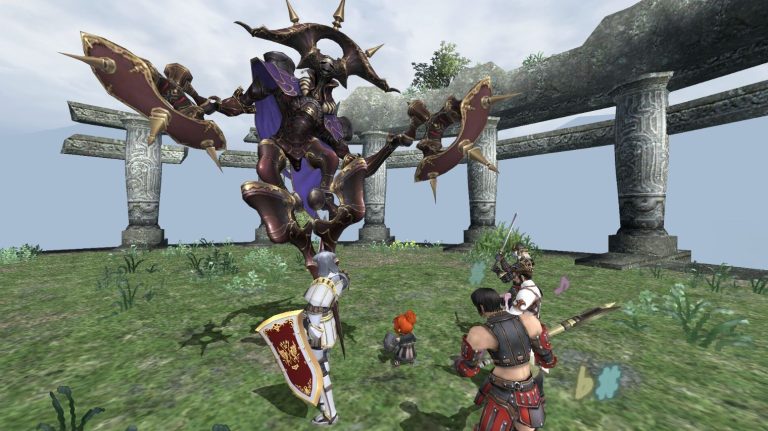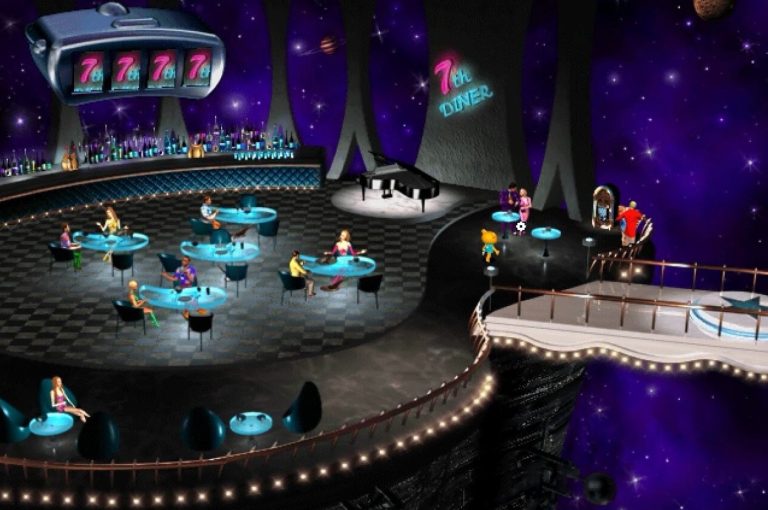Last week, Square Enix announced their new Group Customer Harassment Policy, warning users that they will be taking legal measures against those who harass their employees. Discussion of the policy in Japanese on X drew attention to the vicious hate campaigns in Japanese online spaces that have targeted Square Enix developers and their games, especially Final Fantasy XVI.
Square Enix’s official statement issued on January 10 reveals that the company was motivated to draw up this new policy in order to better protect its staff and associates against persistent threatening behavior from certain customers.
Interestingly, the Japanese version of the announcement differs slightly to the English in some respects. One key difference is that it specifically mentions harassment through forums, social media and video distribution sites. This policy announcement prompted much discussion on Japanese social media, causing “FF16” to trend on X.
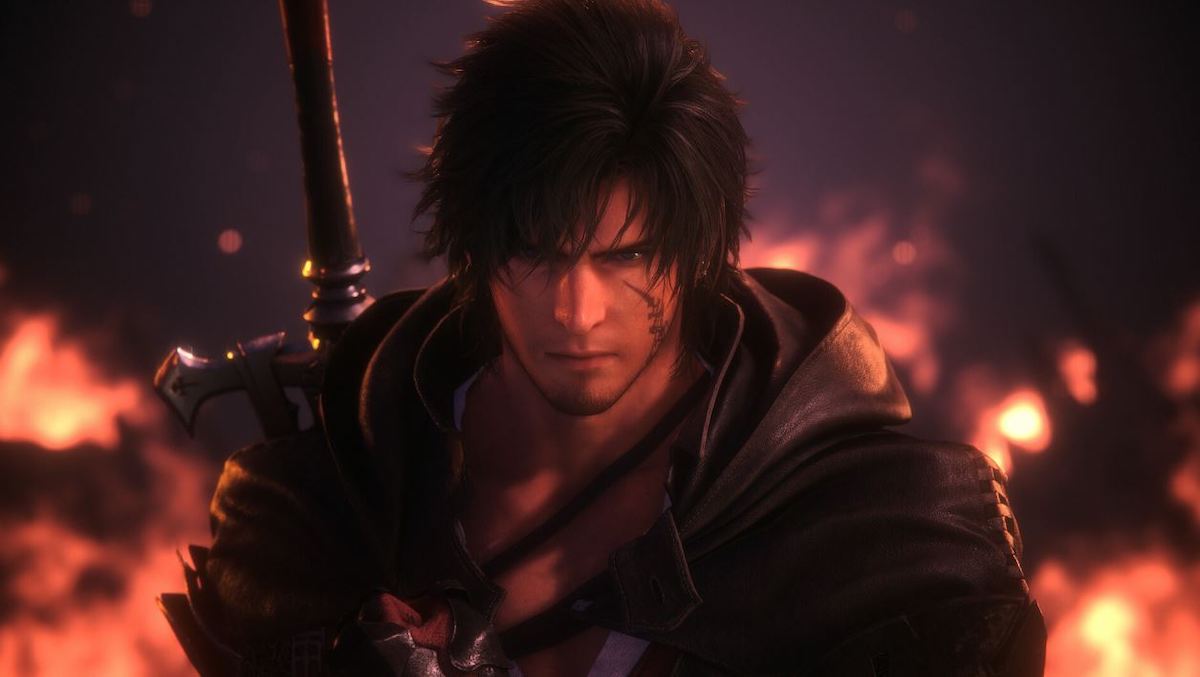
Posters pointed out that slanderous and insulting comments against Square Enix, especially from Japanese-speaking users on social media, have long been an issue. One user cited a Japanese TV interview on TBS/MBS’s Jounetsu Tairiku program with Yoshida Naoki pre-Final Fantasy XVI’s release, in which he stated that “The majority of negative abuse comes from Japan.”
Continuing the discussion, other posters pointed out that many YouTubers had made flaming videos heavily criticizing Final Fantasy XVI in particular. What could make some of these videos border on slander, as opposed to fair criticism, is that they tend to resort to hurling insults like “shit game,” as opposed to providing actual criticism. Such videos often have clickbait-style thumbnails with large text in bold colored font announcing that certain Square Enix series are “over” or “riddled with issues,” and using rumors (such as unofficial sales data for games) as a springboard for suggesting that the company is a “failure.”
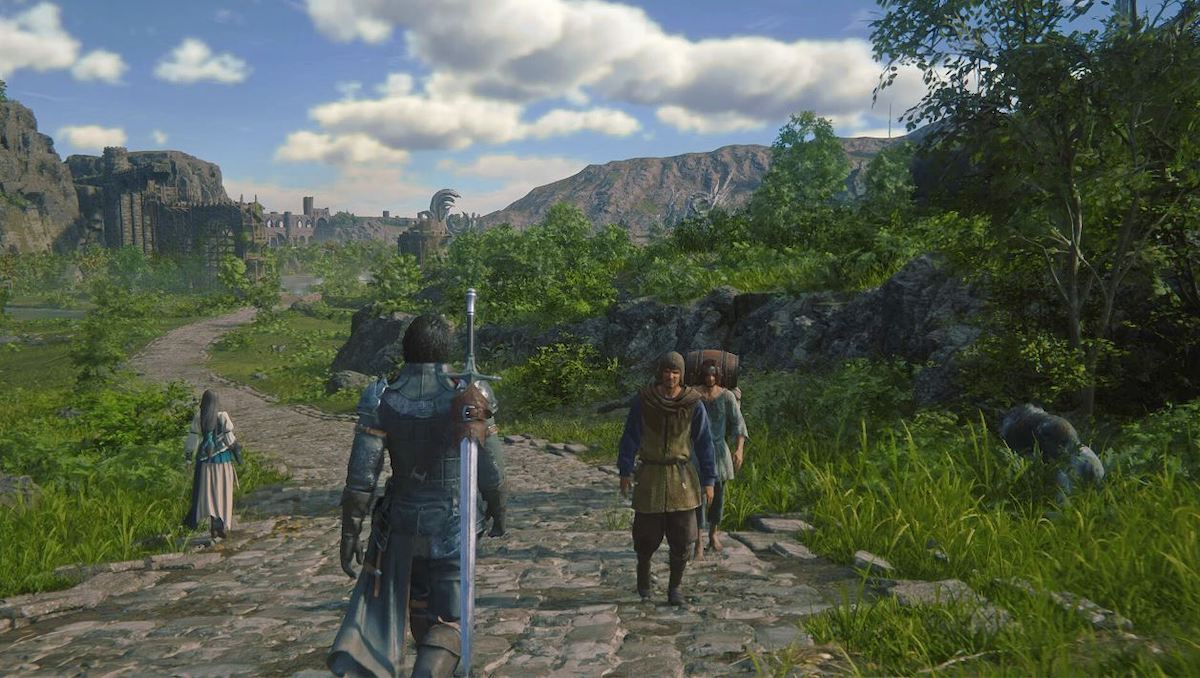
Not only that, but such videos tend to attract many negative comments against the game, sometimes personally attacking specific developers involved in the project and spreading false rumors. Other Square Enix titles including Final Fantasy VII Rebirth, Visions of Mana and Dragon Quest II HD-2D Remake have also been impacted by this trend. Square Enix’s Group Customer Harassment Policy is directed at users who not only attack the games, but also hurl insults and threats directed at the individuals who made them.
On a positive note, the discussion of the heavy criticism leveled at Final Fantasy XVI and its developers led to many users rushing to defend the game and express sympathy for Square Enix’s employees. “When FF16 released, it was slammed so much even some players were hurt, so I can only imagine the anxiety the developers must have been going through. I’m truly grateful that they made the DLC despite this,” a user added.

